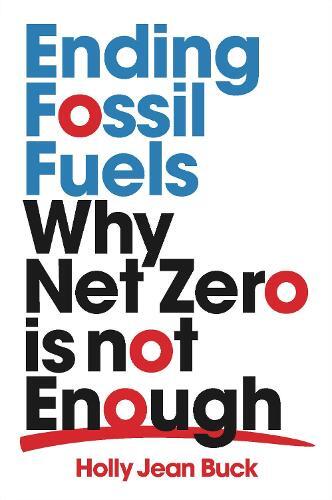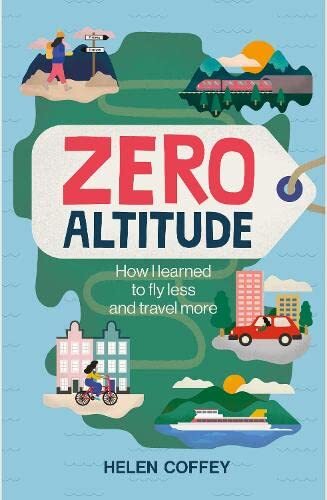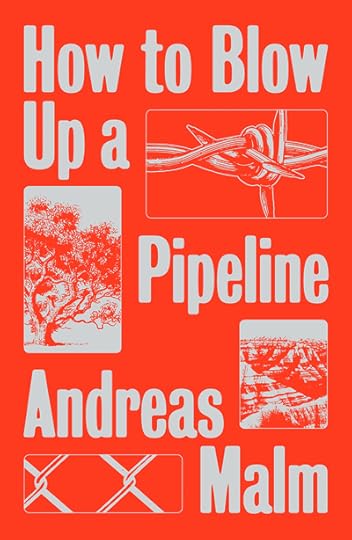Jeremy Williams's Blog, page 64
June 10, 2022
Gnanli Landrou’s 21st century mud construction
If you’ve ever built a sandcastle, you’ll have seen a demonstration of a simple fact: when you make a building, you also make a hole. With a sandcastle, it’s a hole in the sand of roughly equivalent size. You probably make it circular and use it as a moat. The same is true for every building. All the stone, sand, or clay had to be extracted from somewhere else.
As a general rule, the closer the extraction site is to the building, the more sustainable it is likely to be. This is often a given...
June 8, 2022
Economics is on the side of a low-emissions future
The title above is a quote from the Global Turning Point report from Deloitte, which looks into the economic cost of inaction on climate change.
If you’ve been paying attention to such things for a while, you’ll remember the Stern review, which was an important moment in climate policy in the UK. It made it very clear that the cost of inaction was greater than the cost of action, and that there was a sound economic case for responding to climate change. The 700 page report was released in 20...
June 7, 2022
The UK is still burning peatland
When we think of using fire in land management, the most common examples are forest clearance for ranching in the Amazon, or subsistence farmers in Africa. But land is burned in Britain too. Moorland is cleared with fire in order to encourage fresh new shoots, which are a favourite food for grouse. These are reared as game birds, and will be shot later in the season.
Driven grouse hunting happens in the UK and nowhere else, and most of us never take part. It’s linked to class and land, and i...
June 6, 2022
Book review: Ending Fossil Fuels, by Holly Jean Buck

“There is already a lot of good writing on how to ramp up renewables and restore ecosystems and create a cleaner and greener world” says Holly Jean Buck, a sustainability professor at the University of Buffalo. “In contrast, writing on how we go about ending the old is comparatively scarce.”
That’s a statement that is both true and rarely acknowledged. It’s much easier to talk about the new world before us than it is to talk about winding up, decommissioning, and dismantling the infrastru...
June 1, 2022
The Zero Carbon Luton newsletter – May 2022
I thought I’d share the latest edition of the Zero Carbon Luton Newsletter, which I’m publishing every month in 2022 – and beyond if it proves useful. I know most of you aren’t in Luton, and so this may be of limited interest. But if you’re generally interested in climate action at the city level, here’s some of what I’m involved in that I don’t always tell you about. And for those of you who are local and aren’t signed up to the newsletter yet – take heed, and get yourself over to Substack to s...
May 30, 2022
Book review: Zero Altitude, by Helen Coffey

Helen Coffey is the travel editor for the Independent, and in 2020 she announced that she would stop flying – the first newspaper travel editor to make such a commitment. Her experiences of flight-free travel have now been published in the book Zero Altitude: How I learned to fly less and travel more, and it’s very good.
As the book describes, there are a variety of reasons why flying is a particularly onerous climate challenge. It’s highly carbon intensive, for a start, and there are no...
May 28, 2022
What we learned this week
“The age of extinction is here” writes Umair Haque, “some of us just don’t know it yet” – a striking essay on the heat waves in South Asia.
On the same incident, World Weather Attribution reckon that climate change made that heatwave 30 times more likely. (See Friedericke Otto’s book Angry Weather for a great explanation of weather attribution studies and how they work.)
This article in Nature Food looks at what degrowth thinking can contribute to a sustainable food system. It feels like ...
May 27, 2022
Movable homes for a movable landscape
A friend recently pointed me to the Architect’s Journal Climate Champions Podcast, where I listened to an interview with the Bangladeshi architect Marina Tabassum. A recent recipient of the Soame Prize, her work is directed towards those who would most benefit from good architecture, rather than those most able to pay for glamourous buildings.
In her acceptance speech, she talks about how her experience growing up in a village shaped her values and outlook on her profession. “My father being...
May 25, 2022
But what about the planes?
Last week I took part in a BBC news item about Luton Airport expansion. The report looked at the airport’s plans for ‘green controlled growth‘, and whether expanding an airport could ever be sustainable. I said what I always say in these sorts of conversations: what about the planes?
Luton airport only deals with emissions that occur on the ground. As soon as the planes take off, nobody takes responsibility for the emissions. And of course this is the biggest source of greenhouse gases. Lut...
May 23, 2022
Book review: How to Blow up a Pipeline, by Andreas Malm

How to Blow up a Pipeline is a much discussed climate book of the moment, from the Swedish activist and academic Andreas Malm. It poses a provocative question: “At what point do we escalate? When do we conclude that the time has come to also try something different? When do we start physically attacking the things that consume our planet and destroy them with our own hands?”
It is, needless to say, an uncomfortable question – a dangerous question, but a legitimate one nonetheless. And it’...



